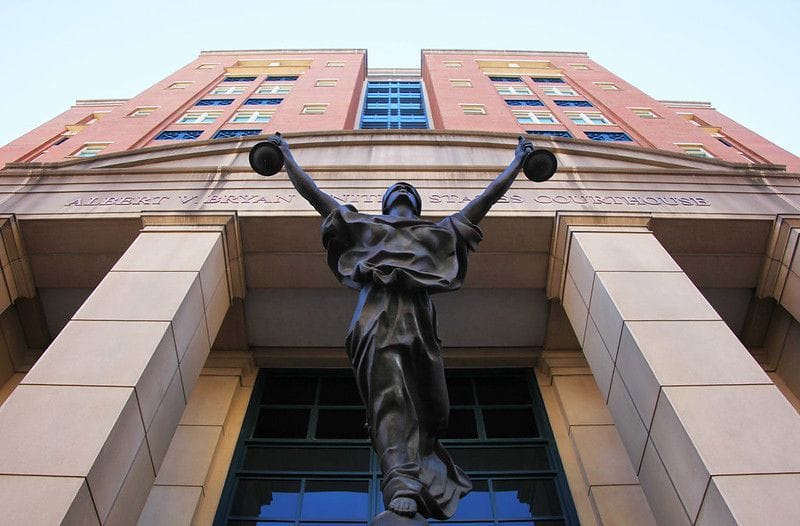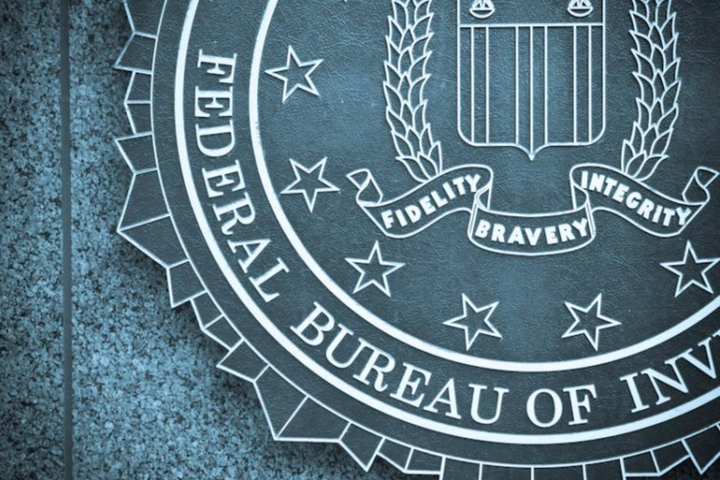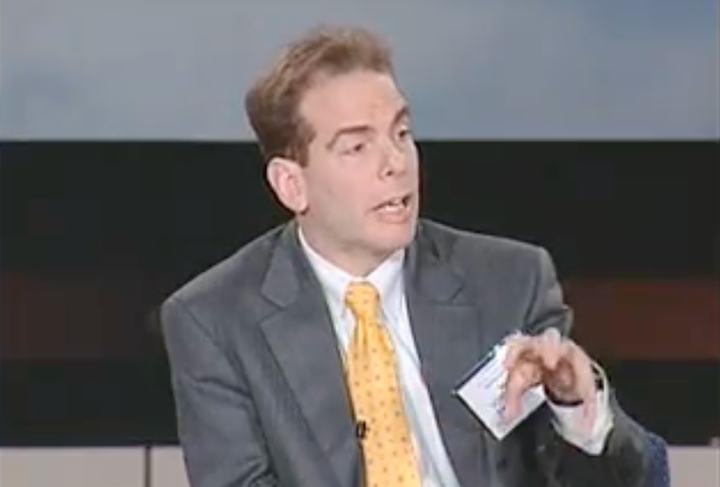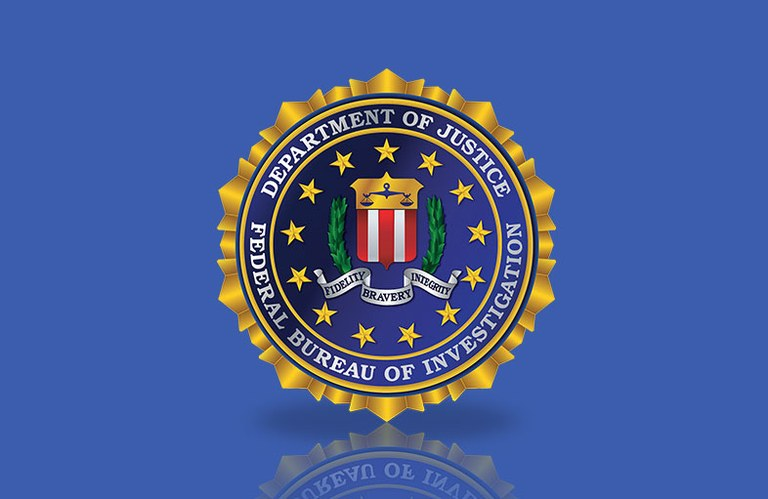Jury Finds US Military Contractor CACI Guilty Of Abu Ghraib Torture
The verdict marked the first time that any U.S. military contractor was held liable for torture during the "war on terrorism."

The following article was made possible by paid subscribers of The Dissenter. Become a subscriber and support independent journalism on press freedom, whistleblowing, and government secrecy.
Iraqi torture survivors won a major jury verdict against CACI, a United States military contractor that was responsible for their cruel and inhuman treatment at Abu Ghraib more than twenty years ago.
The jury awarded the three survivors—Salah Al-Ejaili, a journalist, Suhail Al-Shimari, a middle school principal, Asa’ad Zuba’e, a fruit vendor—$3 million in compensatory damages and $11 million in punitive damages.
This was the second trial for Iraqi torture survivors. As The Dissenter previously covered, the first trial in August ended in a mistrial. But more crucially, the verdict marked the first time that any U.S. military contractor was held liable for torture that occurred after the September 11th attacks as part of the global “war on terrorism.”
Salah Al-Ejaili, a plaintiff and reporter for Al Jazeera who was detained at Abu Ghraib for six weeks, said it was “difficult to find the words” for this incredible moment. But he added, “We won a big victory” after 16 years of litigation. “Finally, we [reached] some justice for some of the Abu Ghraib detainees.”
A lawsuit [PDF] on behalf of Iraqi torture survivors was filed by Center for Constitutional Rights (CCR) in 2008. It claimed that CACI employees had inflicted “severe pain” while interrogating Al-Ejaili, Suhail Al-Shimari, a middle school principal, Asa’ad Zuba’e, a fruit vendor.
The men were tortured in a part of Abu Ghraib that was known as the “hard site,” which was a “relatively small section of the complex controlled by American military forces that housed detainees who were suspected to be of ‘military intelligence value.’”
From the fall 2003 to spring 2004, CACI employees assumed de facto authority over U.S. military police at the hard site. “They created and set in place the extreme and abusive conditions in which detainees were to be confined at the Hard Site location, where Plaintiffs were detained,” CCR alleged.
Baher Azmy, the legal director for CCR, said, “We just feel enormously gratified that our clients were able to tell their story after 16 years to a jury in a U.S. courtroom, and we’re awed by their courage and resilience to keep fighting for justice and maintaining their dignity in the face of 16 years of relentless attempts by the defendant in this case, CACI Premier Technology, to deflect blame on to every entity but itself.”
The jury concluded that the “evidence indisputably showed that this military contractor, CACI, was central to organizing, ordering, participating, and perpetuating the torture and other forms of ill treatment at the hard site of the Abu Ghraib prison."
Azmy continued, “It recognized that CACI interrogators played an “integral” role in “working with military police to soften up and set the conditions for abuses in Abu Ghraib, to make it easier for CACI interrogators to exploit our clients for information,” and that “this kind of corporate malfeasance and neglect and recklessness and deflection is outrageous and deserves to be punished."
What unfolded was a “rare instance” in the past 20 years since 9/11, “where torture survivors were heard and vindicated in a U.S. court."
Katherine Gallagher, a senior staff attorney at CCR, shared how "amazing" it was that the Iraqi torture survivors had put their faith and trust not only in them as lawyers but also in the American justice system after all that they endured.
“It was the United States that invaded Iraq. It was the United States that detained our clients. And it was a U.S. company that profited from their torture and abuse,” Gallagher recalled. “And so, to meet with us and to say that they wanted to pursue justice in a U.S. court, and then continue to do so over 16 years, where we’ve had the case dismissed, where we’ve gone up on appeal, where we’ve had to meet whether in Turkey or in Lebanon, in various places around the world, for all of the different steps along the way in this long-running litigation” was remarkable.
Muhammad Faridi, who also represented the survivors, said this was a day of victory “for those who celebrate and promote human rights, those who fight against impunity for human rights, and those around the world who stand up for victims of human rights abuses.”
“We were up against a well-funded and belligerent adversary, who fought us every step of the way,” declared Mike Buchanan, a lawyer who worked with Faridi. “The result today of justice is very satisfying."
Buchanan appreciated the courage of the survivors to pursue this lawsuit for more than 16 years. “For them, it’s been a very personal journey, one that involved a lot of heartache and hardship, and we know how hard it was for them to talk about the abuse they suffered in Abu Ghraib.”
Azmy acknowledged previous cases, where torture survivors were unjustly denied their day in court. He mentioned that CCR had settled a case against translation company that had provided services at Abu Ghraib. The company was known at the time as L-3 Services.
The ACLU settled a lawsuit against James Mitchell and Bruce Jessen, two psychologists who were considered the “architects” of the CIA’s torture program. But this lawsuit, according to Azmy, was the “first torture case to go to a United States jury to make findings of fact and conclude that these individuals endured torture as defined by international law.”
CACI may appeal the decision, but Azmy said the attorneys and survivors feel “optimistic and even confident” that the judgment would hold up if appealed. That is especially because CACI tried numerous legal maneuvers to secure dismissal of the lawsuit and never succeeded. The case against them for torture was too strong.




Comments ()